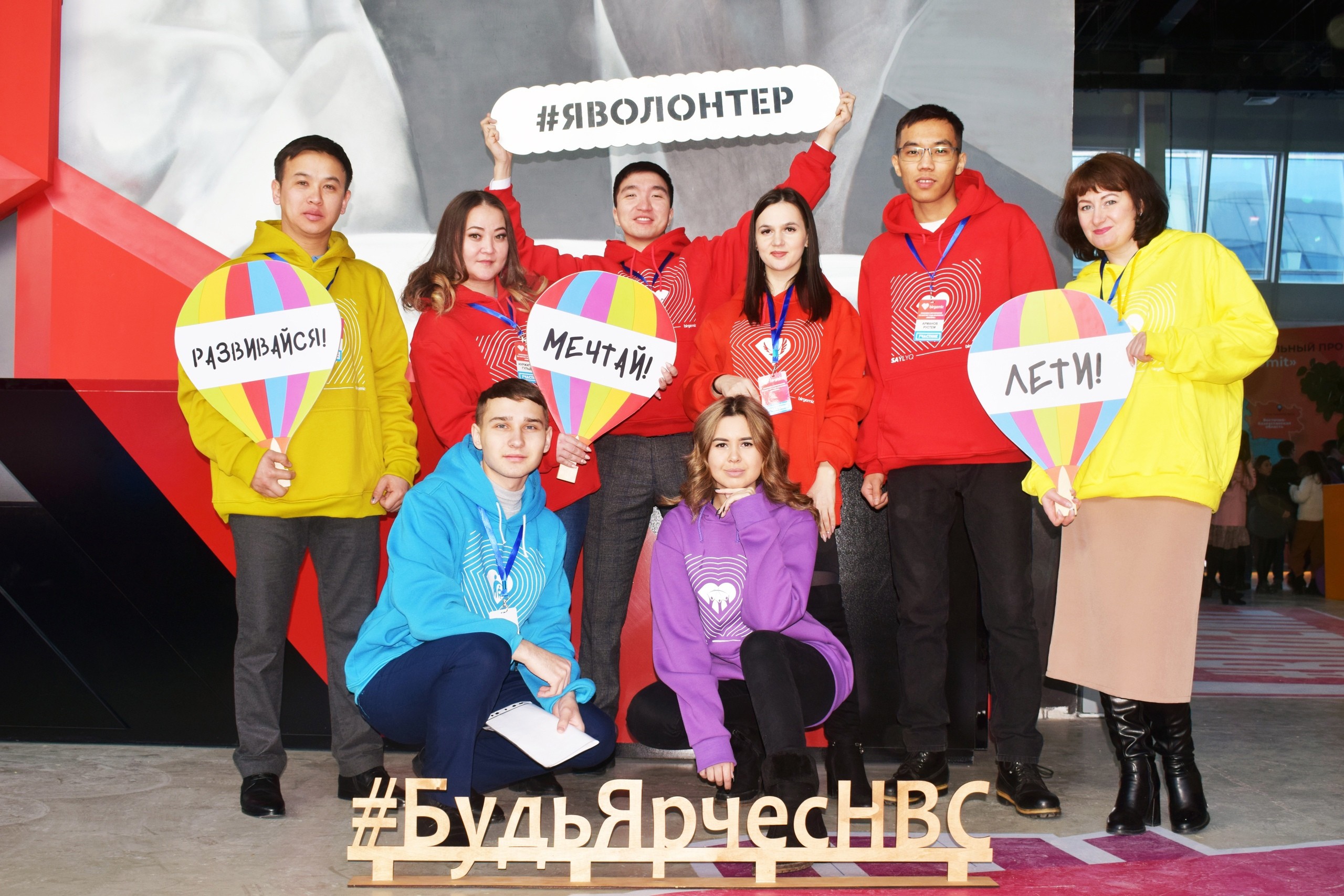Volunteering in Central Asia—historical heritage to modern-day practices
Like a tapestry woven together with threads of history and tradition—that’s Central Asia for you—Kazakhstan, Kyrgyzstan, Tajikistan, Turkmenistan, and Uzbekistan. What’s common is not only that they share borders but a legacy of collaboration that spans centuries. Political and economic partnerships and, beyond that, a tradition that truly binds these countries together. In Central Asia, the spirit of giving back is not just a modern initiative; it’s a tradition passed down through generations.

Photo credit: QazVolunteer.kz
Volunteering and charity in Central Asia are deeply rooted in the region’s historical and cultural heritage. Traditional forms of mutual assistance, such as Asar, Ashar, Hashar and Yowar have long played a vital role in community life.
Individuals of all ages, from elders to children, come together from across the village to collectively carry out tasks that could be financially or logistically difficult for a single family or a person to manage on their own.
Volunteering and charity in Central Asia is seen both as a religious duty and to support the society at large. In recent times, people have opted to volunteer during crises and often informally, without working through organizations. However, volunteer organizations and nonprofits still play an important role not only in supporting local communities, but also in advancing the Sustainable Development Goals (SDGs).
Kazakhstan stands out for its growing culture of volunteerism. According to Volunteering in Central Asia Review (VCARE) released in 2024, the number of registered volunteers in the country rose from 117,000 in 2021 to over 217,000 by 2023. This reflects a great shift toward civic activism for the sustainable future.
It only takes 28 loops
In 2012, a group of knitters in Kazakhstan started making tiny socks for premature babies. The name of the initiative symbolizes that simply 28 loops on a pair of knitting needles are enough to make a difference for the ones who need it. Today, Club 28 Loops has become a movement of over 3,700 volunteers in 150 locations across Kazakhstan and other countries. Here, volunteers are lovingly referred to ‘fairies’ who create hats, vests, socks, blankets, and toys, donated to neonatal centers. The club has also inspired similar projects in rehabilitation centers across many countries in the world. This initiative focuses on SDG 3 (Good Health and Well-being) and SDG 17 (Partnerships for the Goals).
It only takes an hour
Cleanup Hour is a volunteer activity where people gather every Saturday to clean public spaces for one hour. This is done by Eco Demi, an organization started in 2017, aimed at promoting environmental care and personal well-being across Kyrgyzstan and Uzbekistan. The public recognition has translated to over 13,000 followers on Instagram. And in Kyrgyzstan, Eco Demi’s Cleanup Hour took center stage at the World Cleanup Day, an international campaign. Through its activities, the organization contributes to SDG 3 (Good Health and Well-being) and SDG 13 (Climate Change).
It takes sowing goodness
Muzaffar has been working since the past decade in Tajikistan. Its main goal is to reduce poverty by promoting kindness, compassion, and support for those in need. One of its most celebrated events, ‘Sow Goodness’ (Neki Bikor), an annual exhibition of flowers and plants was held in Dushanbe. With more than 700 volunteers, besides reducing poverty, it also supports education, healthcare, and making cities sustainable. Through its activities, Muzaffar promotes SDG 3 (Good Health and Well-being), SDG 7 (Affordable and Clean Energy), SDG 8 (Decent Work and Economic Growth) and SDG 13 (Climate Action).
It takes youth to be in spotlight
Keik Okara organizes the Leadership in Turkmenistan project for youth (from 18 to 35 years old). The project promotes development of leadership skills among young people and helps them to become more confident and to contribute to social changes in the country. Through its outreach, the organization promotes SDG 3 (Good Health and Well-being) and SDG 5 (Gender Equality).
It takes compassion and care
Ezgu Amal was founded by a group of volunteers, making it the first of its kind in Uzbekistan. The organization assists children who are fighting cancer, people from low-income households, children living in orphanages, people in assisted living and care homes, and more. Through its vital support to society, the organization promotes SDG 1 (No Poverty), SDG 3 (Good Health and Well-Being), SDG 5 (Gender equality), SDG 10 (Reduced inequalities), SDG 16 (Peace, Justice, and Strong Institutions) and SDG 17 (Partnerships for the Goals).
International volunteer year 2026
Kazakhstan places great importance on volunteering. In 2020, President Kassym-Jomart Tokayev took the stage at the 75th UN General Assembly and declared the International Year of Volunteers.
Three years later, the UN General Assembly officially proclaimed 2026 as the International Year of Volunteers for Sustainable Development. IVY 2026 is a global opportunity to honour and celebrate the volunteers worldwide. Each year, it becomes increasingly evident that volunteers are the backbone of modern society, and their contributions make the world a better place. Join the momentum!
The article was originally published on the UN Volunteers website.


